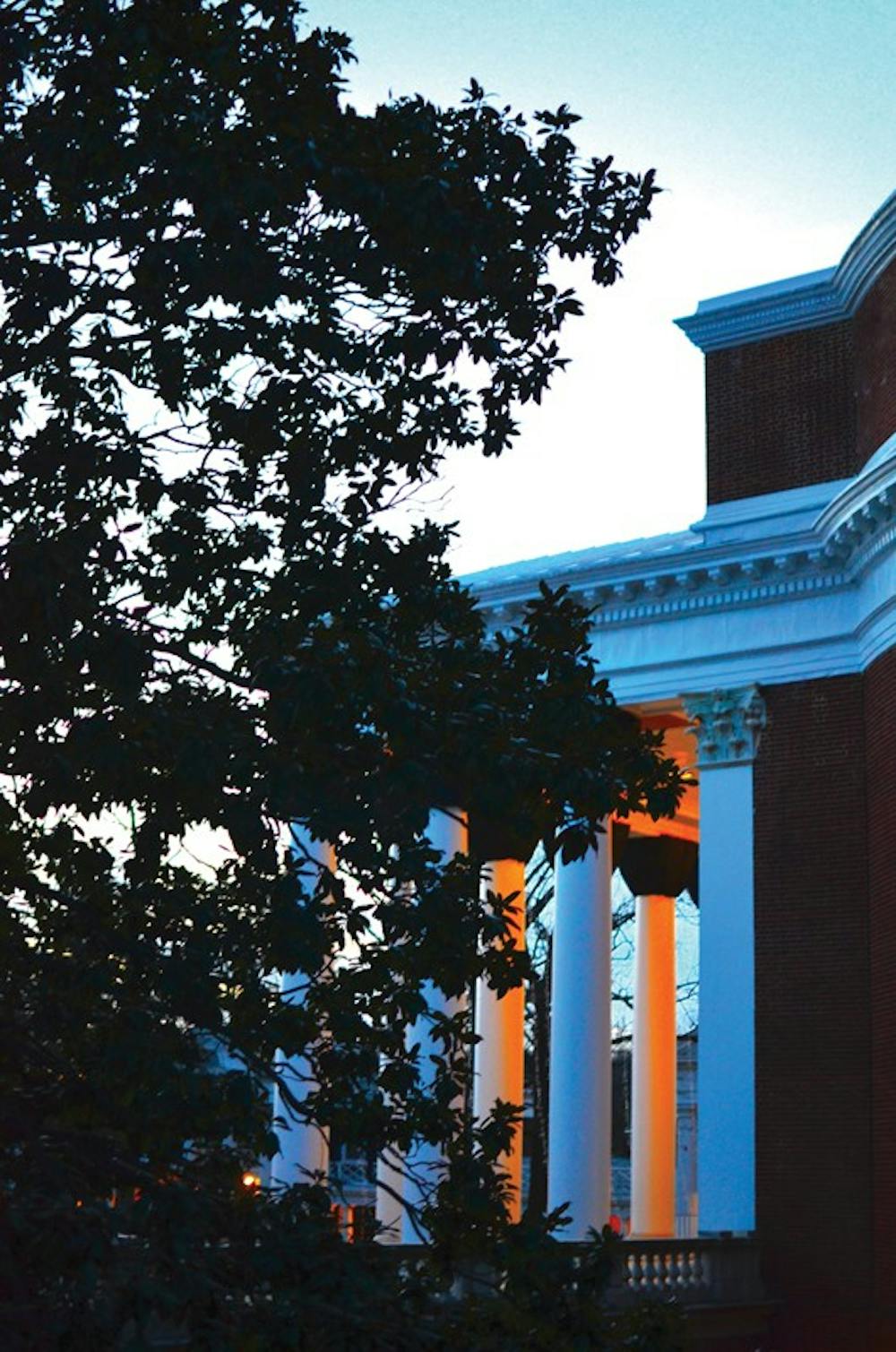The University will complete a core network upgrade in December as part of the its newly-established Big Data Institute, allowing significantly more network speed to enhance both higher research initiatives and everyday student life.
The upcoming network refresh represents a significant step forward in the University’s efforts to upgrade its internal processing capabilities. It will allow for up to 100 times more data traffic than was previously possible under the old system.
“This core network refresh will allow [researchers] to think about bigger projects, larger data sets and bigger computation,” said Michael McPherson, associate vice president for IT Initiatives.
McPherson oversees both the University of Virginia Alliance for Computational Science & Engineering, as well as Sciences, Humanities, and Arts Network of Technological Initiatives. Both initiatives rely on big data technology and will be able to accomplish more when the network upgrade is completed, McPherson said.
Big data has been a University priority since May 2012, when University President Teresa Sullivan said at the University Big Data Summit the University is planning infrastructure updates to accommodate “big data.”
“Society’s most pressing challenges and nature’s deepest mysteries frequently […] are best understood by handling large amounts of data,” Sullivan said in a University press release. The initiative is considered part of the University’s larger plan to improve its research infrastructure.
The Big Data Institute was created earlier this year and is led by Engineering Prof. Don Brown. The institute aims to tackle both the quantity and complexity of modern data, widely regarded as a research necessity across disciplines. The University’s approach, unlike many similar efforts, aims to integrate the institute’s work into a wide variety of disciplines, not just the traditional big data fields.
As capabilities expand, the institute will work to create undergraduate and graduate degrees that make use of the new infrastructure.
“[The upgrade] will allow researchers and scholars at U.Va. involved in computational projects to think bigger,” McPherson said.







